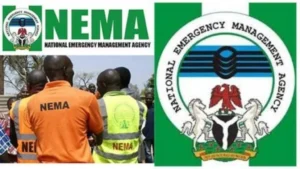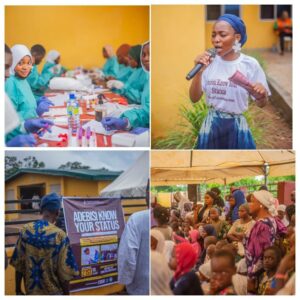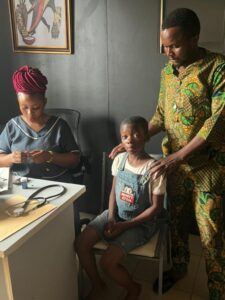
The Qadi of the Shari’ah Court of Appeal, Kwara State, Justice Abdurraheem Sayi, has stated that approval of state authorities or traditional rulers is not needed for Muslims to establish and operate Shari’ah arbitration panels in the South-West.
He described the objections to Shari’ah arbitration panels in the South-West as “legally baseless, an embarrassment to legal minds, and a mere expression of Islamophobia syndrome” that had been deliberately ignored by the affected states.
Justice Sayi made the assertion while delivering a lecture on “Shari’ah in South-West Nigeria” at the University of Lagos Muslim Alumni 30th Pre-Ramadan Lecture, themed “The Transformative Power of Ramadan,” which was held at the J.F. Ade Ajayi Auditorium, UNILAG, on Sunday,
The lecture, attended by Lagos State Deputy Governor, Obafemi Hamzat, Ogun Deputy Governor, Noimot Salako, and other dignitaries, aimed to dispel misconceptions about Shari’ah law and arbitration in the region.
Justice Sayi emphasised that arbitration is a contractual matter that does not require government approval, stating, “There’s no confusion in the Nigerian Constitution. Arbitration is by contract.
“Nobody needs the approval of the Federal Government to operate it. As powerful as the President is, his authority does not extend to approving the Constitution of an arbitration panel. It is purely contractual.”
He further asserted that Muslims do not need permission from religious bodies or traditional rulers to operate Shari’ah panels, as the law grants private citizens the right to do so.
He said, “We don’t need the approval of any state authority, let alone a monarch. Associations, including political parties, can establish small committees to resolve disputes involving their members.
“All the Muslim panels that I know of always hold their sittings inside mosques. What business do pastors or monarchs have in this matter? Somebody should tell the monarchs to know their boundaries.”
Citing the Arbitration and Mediation Act of 2023, the judge explained that the law not only allows private citizens to form arbitral panels but also grants them the authority to determine the legal framework governing such panels.
Justice Sayi highlighted the effectiveness of Shari’ah arbitration in Lagos, revealing that “there have been multiple instances where High Court judges informed litigants that they were helpless and, as a result, referred cases to the Independent Shari’ah panel.”
He questioned why Muslims in Lagos, Osun, and Ogun—where they form a significant part of the population—are denied legal structures such as Shari’ah courts that address their personal and family matters.
Clarifying the role of Shari’ah panels, the judge stated that they are “not substitutes for courts but function by contract, where attendance is voluntary; however, once a person participates in the proceedings, the decision becomes binding.”
Addressing the broader legal framework, Justice Sayi argued that while the law mandates inclusivity and national unity over sectional loyalties, Muslims in the South-West Nigeria remain excluded from the region’s family law system.
He urged the South-West governments to allow the establishment of Shari’ah courts to give Muslims a sense of belonging and provide a legal framework for resolving matters such as child custody, marriage dissolution, and others.
He said, “There is no single provision for Muslims in the family laws of the South-West. It’s as if we are second-class citizens or do not belong to these states.
“There is no single court in the region competent to dissolve an Islamic marriage or handle child custody cases following Islamic law. Shari’ah is a fundamental right of Muslims.”
Also speaking at the event, Professor Mashood Baderin of the School of Oriental and African Studies, University of London, delivered a lecture on “Islam at the Intersection of Humanity and Religion,” urging Muslims to manifest their faith in ways that positively impact society, including the observance of their five daily prayers.






